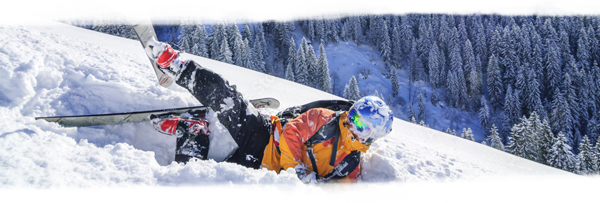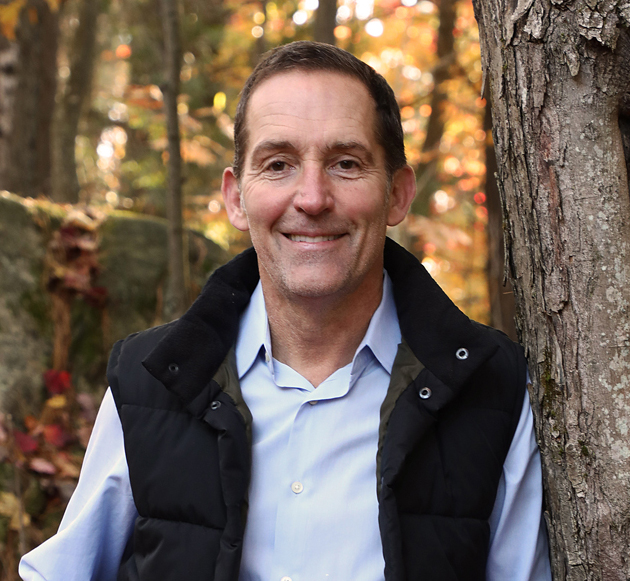
 Listen to the audio version by pressing play below
Listen to the audio version by pressing play below 
In my last newsletter, I made a big pronouncement: I was going to start taking Friday afternoons off. I was freshly home from a vacation and felt renewed by the power of downtime and fresh air. I was planning to fully “walk the talk” and truly invest in self-care.
It all felt so easy at the time.
Was I ever in for a surprise.
Let me tell you about the first Friday. I had a big client event the next day and still had to approve some documents. “No problem,” I thought, “I’ll just do it on the ski lift.”
Incredibly, this worked. I received and approved the documents, all while being whisked up the snowy hill. When I got back down to the bottom, I decided to check my phone one more time. Turns out, the documents weren’t what the clients wanted, and I needed to make changes. “Go ahead without me,” I told my friends. “I just need to do a few quick things.”
That’s when things got really messy.
With gloves off, my hands were cold, and it was hard to read and type. Distracted by my phone, the tip of my skis caught in a rail, which was loose. And it fell down, right on top of me. My phone flew from my hand and my skis scattered, as I lay in the snow, trying to figure out what happened.
People skied by without pausing, until a tall woman in an aerodynamic-looking ski suit sprayed to a stop, looked down at me and said, “Multi-tasking doesn’t work,” before skiing away.
It’s comical now, but in that moment (skis in a messy pile, hands freezing, phone lost in the snow), it was deeply humbling. Let’s be honest — no one wants to look out of control on a ski hill! It’s where we want to look our coolest. I was the furthest thing from cool at that moment.
I’m telling you this because I want to be honest about how hard it is to press the pause button while the world is still moving. If I’m being 100% real with you, I felt guilty that Friday, having fun while other people were working. I was distracted by my event the next day. I wasn’t enjoying myself as much as I thought I would.
At best, I felt like a fawn on wobbly legs. At worst, I felt like a fraud.
It’s incredibly hard to form new habits, especially when it comes to self-care. It takes a balance of firmness and flexibility that can be hard to find, and it may take lots of refining before we get it right.
Here’s the thing though — I’m not giving up. Self-care is a work in progress. I may end up only taking Friday afternoons off once a month, or picking a different day, or redefining this practice completely, but I’ll keep experimenting for as long as it takes.
Also, that woman in the ski suit was right… Multi-tasking doesn’t work. Her comment was an invitation to consider what wasn’t working, and what I needed to re-examine.
Now, how about you? Here are some questions to consider:
- What self-care routines would you like to try, but are holding back for fear of failure?
- What have you tried in the past, but didn’t continue with because it didn’t work the first time?
- How are you scoring on self-care and what’s getting in your way?
Falling down doesn’t feel good, but with a healthy dose of self-compassion and humour, we can get back up, over and over, until we get it right.
![]()
How Long Does it Actually Take to Form a New Habit? (Backed by Science)
It makes sense why the “21 Days” Myth would spread. It’s easy to understand. The time frame is short enough to be inspiring, but long enough to be believable. And who wouldn’t like the idea of changing your life in just three weeks?
Multitasking isn’t working: a science-backed approach to a better day
Although many of us are familiar with the downsides of multitasking, we have a hard time giving up the practice. The implicit promise of getting more done at the same time feels seductive. After all, there’s only so much time in the day, and there’s always something competing for our attention.



